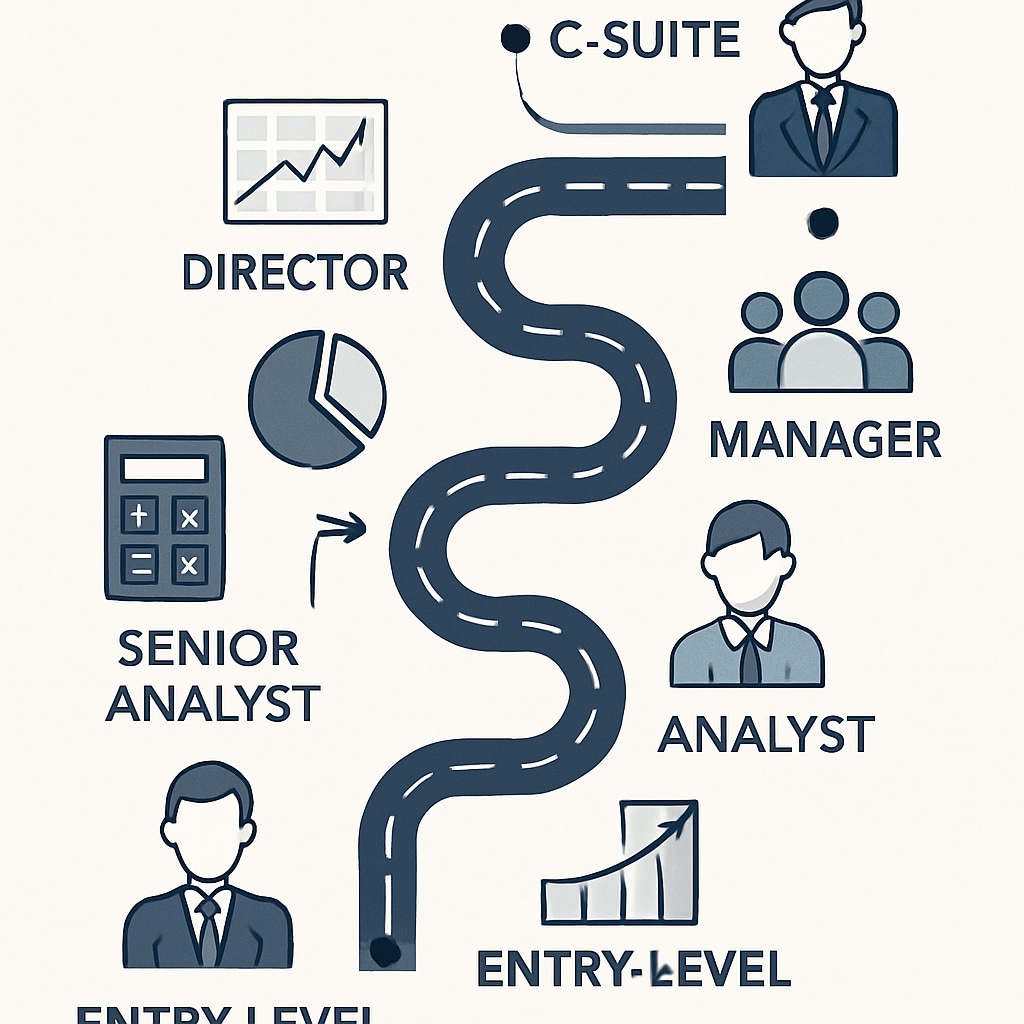In an era where data drives decisions and finance steers strategy, the combination of a business analytics degree and a finance minor creates a career advantage like no other. This fusion enables professionals to thrive in roles that require analytical precision and financial acumen, ensuring not only high earning potential but also a balanced work-life trajectory. In this article, we delve into how this interdisciplinary skill set unlocks career potential, the benefits of this educational path, and strategies to ascend from entry-level roles to C-suite positions.
The Unique Edge of Combining Business Analytics and Finance
Business analytics focuses on interpreting data to guide decision-making, while finance emphasizes managing resources to maximize profitability. Together, these disciplines provide a holistic understanding of how data impacts financial outcomes. This combination is especially valuable in industries like investment banking, consulting, and tech-driven enterprises.
For instance, data analysts with financial expertise can identify profitable opportunities, assess risks, and present actionable insights to stakeholders. According to the U.S. Bureau of Labor Statistics, roles like financial analysts and market research analysts are expected to grow by 9% and 19%, respectively, over the next decade. This growth highlights the demand for professionals who can merge data and finance.

Career Pathways: From Entry-Level to C-Suite
The journey from entry-level analyst to executive roles requires strategic planning and skill enhancement. Below is a roadmap for leveraging your business analytics and finance expertise:
- Entry-Level: Start as a data analyst, financial analyst, or business intelligence associate. Focus on mastering tools like SQL, Python, and Tableau while gaining domain-specific knowledge.
- Mid-Level: Progress to roles such as financial data scientist or strategy consultant. Here, soft skills like communication and leadership become essential.
- Senior-Level: Take on leadership roles like analytics director or financial planning lead, focusing on strategic decision-making and managing cross-functional teams.
- C-Suite: Aim for positions like Chief Data Officer (CDO) or Chief Financial Officer (CFO). These roles require a visionary approach and expertise in both data strategy and financial governance.
Through each stage, continuous learning—whether through certifications like CFA (Chartered Financial Analyst) or analytics-focused courses—will be key to staying competitive.

Balancing Career Growth with Work-Life Harmony
While career advancement is important, work-life balance should not be overlooked. The good news is that roles in business analytics and finance often offer flexibility, especially as remote work becomes more prevalent. Here are some tips for maintaining harmony:
- Leverage technology to automate repetitive tasks, freeing up time for personal development.
- Set clear boundaries between work and personal life, especially if working remotely.
- Choose roles or companies that prioritize employee well-being and offer flexible work options.
As a result, professionals in this field can achieve a fulfilling career without sacrificing personal well-being.
In conclusion: Combining business analytics with finance is not just a career choice—it’s a strategic decision for long-term success. With the right skills, plan, and mindset, professionals can unlock opportunities in a variety of industries while enjoying a balanced and rewarding career.


